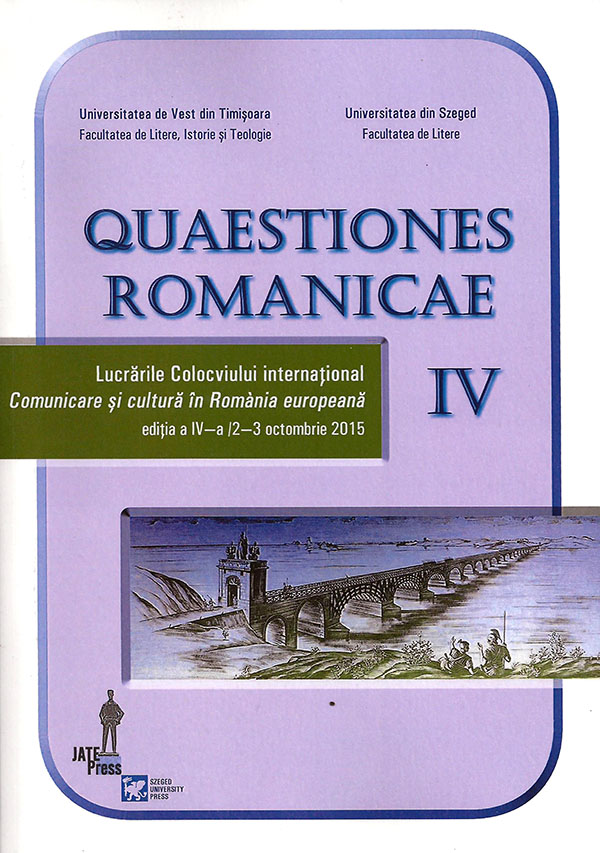O “topos do indizível”: Fradique Mendes e Fernando Pessoa
Abstract: (The “topos of inexpressible”: Fradique Mendes and Fernando Pessoa). In the world of possibility and simultaneity, where “the truth […] is a superstition” (Agualusa, 2004: 75, my translation) and the reality is a suspension bridge over the numerous creative potentialities, two of the most important inhabitants, Fradique Mendes and Fernando Pessoa, join efforts to “create objectively” (Gaspar Simões, 1987: 240) a third universe, invisible and unsayable. The configuration of this new space paves the way for a polemic that will place our authors in two different typologies. Fradique Mendes, “hero of aesthetic existence” (Real, 2006: 196), “devotedly fallen prostrate before The Form” (Queiroz, s.d.: 39), outlines an universe in which “the definite value” (Queiroz, s.d.: 102) of ideas turns everything into a hyperbole that can only be transcribed in the pages of the Great Work. Fernando Pessoa, instead of bringing together the pieces of truth, opts for emptying himself in order to create a “disrealized reality”, according to Guerra de Cal (apud Piedade, 2003: 205). While Fradique adopts an egocentric position, that allows him to draw up a work of synthesis, Pessoa practices the depersonalization that transforms him into an empty stage, because, “however much a man learns, doesn’t learn how to be what he is not” (Pessoa, 1980: 139). The play and the sublime, the life and the literature, the wisdom and the empathy, the “absolute truth” and the “sincere lie”, are the poles that delimit the “topos os unsayability” imagined by the two authors who, using “the everything” and “the nothing”, shape a new face of literature.
Keywords: Eça de Queirós, Fernando Pessoa, heteronym, unsayability, the absent book syndrome.
Resumo: No mundo da possibilidade e simultaneidade, onde “a verdade [...] é uma superstição” (Agualusa, 2004: 75) e a realidade é uma ponte suspensa entre várias potencialidades criadoras, dois dos mais importantes habitantes, Fradique Mendes e Fernando Pessoa, juntam os seus esforços para “criar objetivamente” (Gaspar Simões, 1987: 240) um terceiro universo, invisível e indizível. A configuração desse novo espaço abre o caminho para uma polémica que inscreverá os perfis dos nossos autores em duas tipologias distintas. Fradique Mendes, “herói da existência estética” (Real, 2006: 196), “devotamente prostrado diante da Forma” (Queiroz, s.d.: 39), contorna um universo em que “o valor definitivo” (Queiroz, s.d.: 102) das ideias transforma tudo numa hipérbole, que só se pode transcrever nas páginas da Grande Obra. Fernado Pessoa, em vez de juntar os pedaços de verdade, opta por esvaziar o seu conteúdo para criar uma “realidade desrealizada”, segundo Guerra de Cal (apud Piedade, 2003: 205). Enquanto Fradique adota uma posição egocêntrica, que lhe permite elaborar uma obra de síntese, Pessoa pratica a despersonalização que o transforma num palco vazio, porque, “por muito que um homem aprenda, não aprende a ser quem não é” (Pessoa, 1980: 139). O jogo e o sublime, a vida e a literatura, a sabedoria e a empatia, a “verdade absoluta” e a “mentira sincera” são os polos que delimitam o “topos do indizível” imaginado pelos dois autores que moldam, usando “o tudo” e “o nada”, um novo rosto da literatura.
Palavras-chave: Eça de Queirós, Fernando Pessoa, heteronímia, indizível, a síndrome do livro ausente.
